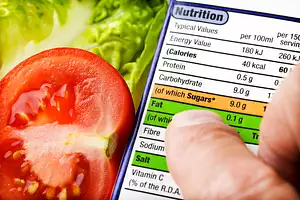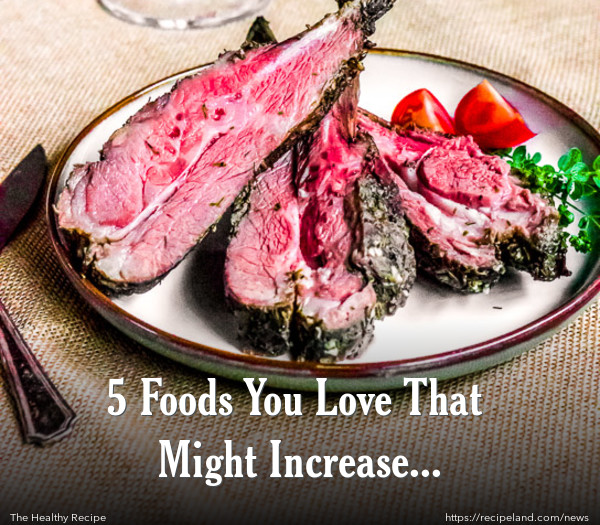In certain cases, inflammation can lead to the body producing more white blood cells and sending them to repair injury sites and infections. This is essential for healing.
Other types of inflammation refer to chronic conditions related to a constant triggering of an inflammatory response, which can cause a variety of risks and problems, from mental illness, to irritable bowel syndrome, to heart disease, to diabetes, and more.
There are numerous factors that are related to inflammatory responses. The one factor that you can control best is your diet. Understanding how different foods can lead to inflammation, and what to avoid, can help you keep things under control.
Here are five foods that—surprisingly—lead to inflammation.
1. Vegetable Oil
Refined oils that are used for cooking, like corn, soybean, sunflower, and safflower oils, contain high amounts of omega-6 fatty acids. While these are essential fats and should be included in a healthy diet, we tend to consume far more than we need. The high levels can lead to increased inflammation.
It is important to understand because your body uses these omega-6 fats to create certain hormones, which are inflammatory. Although you do need to have some level of inflammatory response in your body, you do not want to have too much omega-6 fatty acids in your system. Reach for olive oil when possible.
2. Agave Syrup
Agave syrup has a reputation for being a natural and healthy substitute for table sugar, but you have to keep your intake in check. Agave syrup contains about 85% fructose, which is broken down by your liver.
Too much fructose will strain your liver, and set off an inflammatory response in your body. This strain can lead to a condition known as non-alcoholic fatty liver disease, because of leaving tiny fat droplets in your liver.
3. Red Wine
Although a little bit of red wine is thought to be good for you, and moderate alcohol consumption—meaning one 5-ounce glass of wine per day—can reduce blood levels of C-reactive protein (CRP), which is a specific indicator of inflammation. More than moderate drinking can, however, increase levels of CRP.
4. Red Meat
Eating small amounts of red meat is good for you, because it contains plenty of protein, B vitamins, iron, zinc, and other vital nutrients and minerals. But, red meat also contains high levels of saturated fat, which is the problem.
Cindy Geyer, MD, medical director at Canyon Ranch in Lenox, states, “Excess saturated fat does promote inflammation, in part because it has a negative impact on the integrity of the gut lining.” As this damage occurs, inflammation increases. This will allow small amounts of bacteria to leak from the gut into the body. As a rule, keep your red meat intake limited.
5. Too Much of Anything
Eating good food is important, but too much of anything is bad for you. When the quantity of what you eat is too much, a protein is secreted by your white blood cells, known as Interleukin-6, which can cause you to gain weigh in your belly, and leads to a greater inflammatory response. Be sure to keep your weight in check to keep inflammation under control.
Understanding what causes inflammation in the body and how to prevent it can help you control your risk of developing many chronic health conditions.










Comments